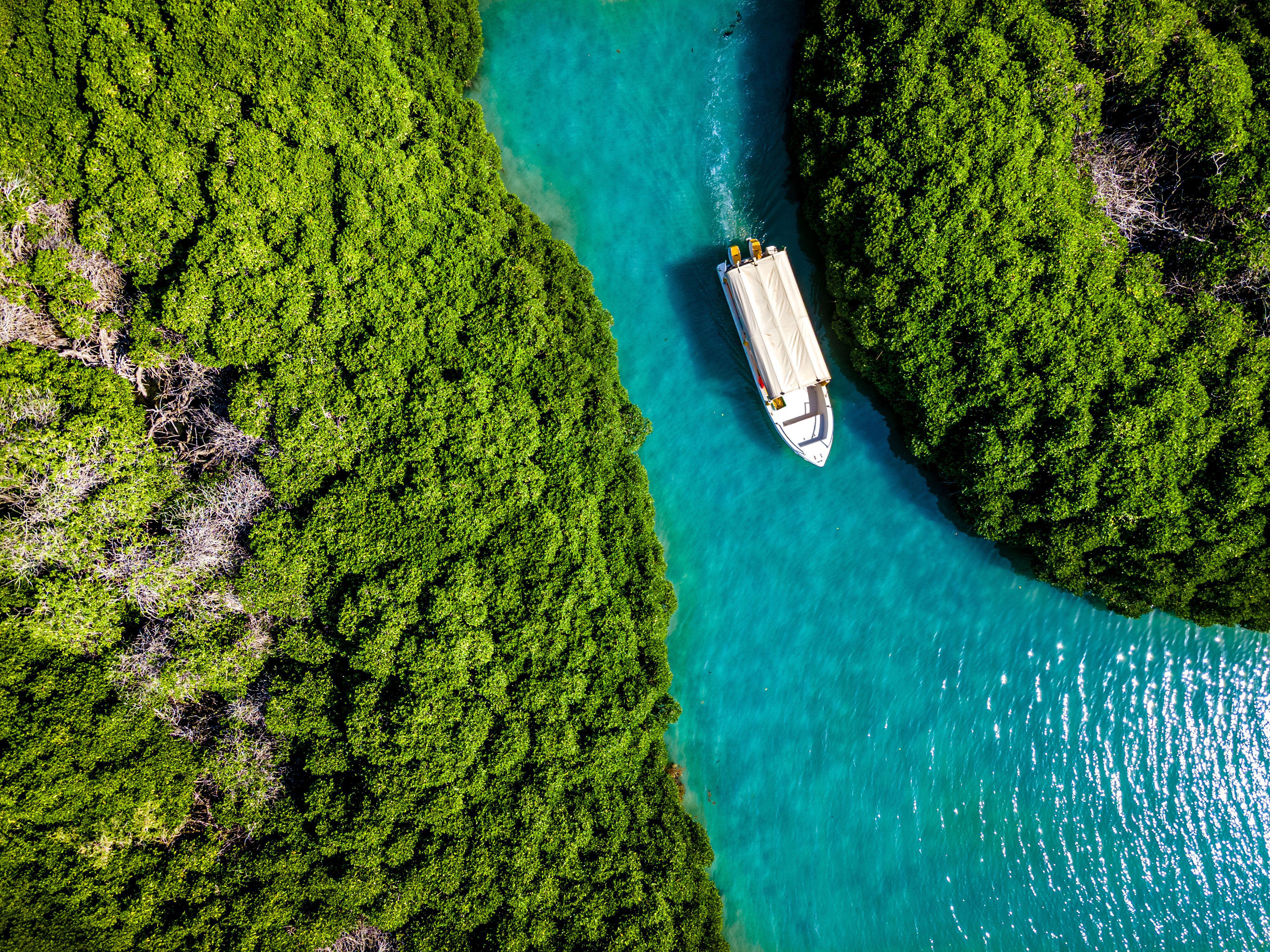Can Saudi Arabia buck the global trend on funding conservation?
At the Saudi Green Initiative at Cop27, wildlife experts joined forces to call for accelerated action in protecting the land and promoting biodiversity

Stewart Maginnis, deputy director general of the International Union for Conservation of Nature, today appealed for the world to invest more in conservation.
He stated: “In the US alone, six billion dollars is spent every year on ice cream. And that’s what we spend per year globally on conservation. If that’s all we can spend then, the world is doomed. We need to be more forceful about making the case for investing in nature.”
Magginis was on stage at Cop27’s Saudi Green Initiative with Dr Stephen Browne, Wildlife and Natural Heritage executive director at the Royal Commission for AlUla, and Dr. Muhammad Ali Qurban, CEO for the National Centre for Wildlife.
Asked whether Saudi Arabia was just throwing money at the problem, Dr Browne replied: “No. We need action today. We need a lot of resources to get things done quickly.”
He argued that all the plans put in place under Vision 2030 — the mastermind to reshape the Saudi economy — were “enablers”.
In AlUla, 85% of the land will eventually be protected.
“The big number isn’t the important thing,” argued Dr Browne.
“It’s the thinking that goes behind it”.
The aim is to protect more land, more quickly.
“We need to bring in the right expertise and organisations. We want to learn from mistakes that have already been made. We don’t have time to learn from our own mistakes.
Maginnis agreed.“There’s throwing money and then there is making proper investments. We are looking at investment opportunities that create real chances for society.”
One of the initiatives is the nature-based solution of replanting mangroves. Nature-based solutions take a broader look at well-managed ecosystems to solve a range of societal problems.
Magginis said: “Protecting and restoring mangroves can protect communities against tidal surges and storms, as well as creating nurseries for fish. By 2020, 20% of our mangroves were lost.”
The cost isn’t just to the marine environment. “Mangroves have the ability to reduce wave energy by 60%. This investment in their future will protect $65b worth of property,” he added.
Asked what his one wish would be, Maginnis replied: “Biodiversity needs to be mainstreamed across different sectors. It can no longer sit by itself”.

Bookmark popover
Removed from bookmarks